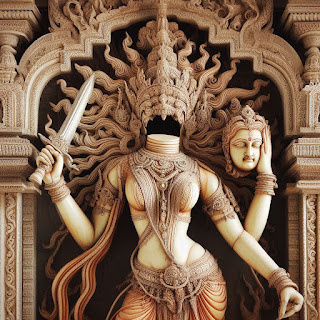The Crusades
The Crusades were a series of religious wars that took place between the 11th and 13th centuries. These wars were fought between Christian armies from Europe and Muslim forces in the Middle East, with the aim of retaking the Holy Land from Muslim control. While the Crusades were fought centuries ago, their influence on religion, history, and the political map of the world is still felt to this day.
At the heart of the Crusades was the desire to reclaim Jerusalem, which had been under Muslim control since the 7th century. The idea of a holy war to retake Jerusalem first emerged in the late 11th century, when Pope Urban II called for a military expedition to the Holy Land. This call to arms was met with enthusiastic response from Christians throughout Europe, who saw it as an opportunity to demonstrate their faith and secure their place in heaven.
Over the next two centuries, several Crusades were launched, each with varying degrees of success. The first Crusade, which began in 1096, was the most successful, resulting in the capture of Jerusalem in 1099. The Crusaders established a Christian state in the Holy Land, known as the Kingdom of Jerusalem, which lasted until 1291.
While the Crusades were initially motivated by religious fervor, they also had political and economic motives. Many of the Crusaders were nobles who saw the opportunity to gain wealth and territory in the Holy Land. The Crusades also had the effect of stimulating trade between Europe and the Middle East, as Crusaders and merchants traveled back and forth.
However, the Crusades also had a much darker side. The Crusaders committed atrocities against both Muslims and Jews, including the slaughter of civilians and the desecration of holy sites. The Crusades also contributed to the demonization of Muslims in Europe, which continues to this day.
Despite their mixed legacy, the Crusades had a significant impact, for good or for ill, on religion, history, and the political map of the world. The Crusades helped to solidify the divide between Christianity and Islam, which remains a source of tension to this day. The Crusades also contributed to the rise of powerful European monarchies, such as France and England, as well as the decline of the Byzantine Empire.
The legacy of the Crusades can also be seen in the political map of the Middle East today. The borders of many modern Middle Eastern countries were drawn by European powers in the aftermath of World War I, with little regard for the region's ethnic and religious divisions. The resulting instability and conflict can be traced, in part, to the legacy of the Crusades.
In conclusion, the Crusades were a complex and multifaceted phenomenon that had a profound impact on religion, history, and the political map of the world. While their legacy is mixed, it is clear that the Crusades helped to shape the world we live in today, and continue to be a subject of fascination and debate for scholars and laypeople alike.




Comments
Post a Comment